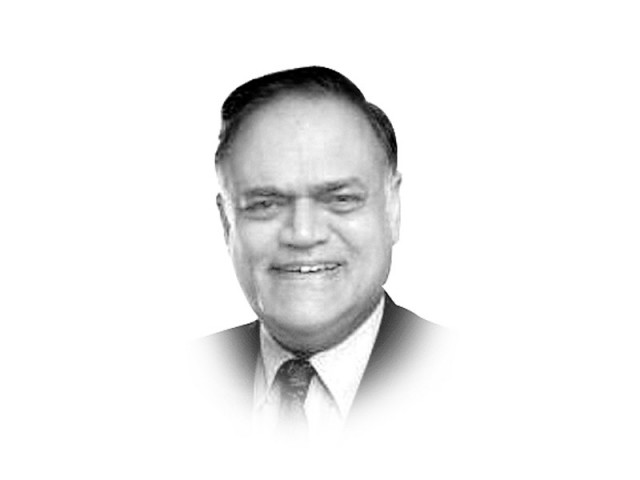Regulating the media
There are two broad aspects of regulation: One is the grant of permission by the state to own, operate a mass medium.

Regulating the media
In contrast, regulation and verification of drug quality deals with physically tangible products whose ingredients can be precisely measured. Whereas media deal with intangible material which primarily affects the mind, the great invisible, immeasurable unknown.
A notable part of what is presented as news is speculative and under-researched. A significant portion of views is skewed and prejudiced. When news and views are mixed together as they increasingly are, the blend becomes a sticky, indistinguishable mess.
Just as the claim to patriotism is said to be the first refuge of the scoundrel, the claim of threats to freedom of expression is the first refuge of the news media.
The media in general, and non-news media in particular, bring us enormous wealth of valuable information and enjoyable entertainment. Though the media is often referred to in the singular, the word and the diversity it represents is thoroughly plural. Each mass medium — print, radio, TV, cinema — has its own characteristics. Regulation requires specificity about such individual features.
There are two broad aspects of regulation. One is the grant of permission by the state to own and operate a mass medium.
Relatively, this is quite straightforward even though in actual implementation, law and policy should navigate carefully to avoid creating undue concentration of media power by allowing unchecked cross-media ownership. Or, by auctioning licences to the highest bidders, thus promoting wealth rather than public service as a core criterion.
The other aspect is regulation of media content. The content of news media, hard news as also current affairs programmes is of special concern. This is far more complicated than licencing. Several factors shape content. In recent years, viewership ratings agencies in the case of TV, and media buying houses which purchase large blocks of time and space to deliver optimal benefits to advertiser-clients have become powerful new influences on shaping media content. Yet they remain virtually invisible to public scrutiny and accountability in terms of the public interest as distinct from the commercial interests they serve.
While the grant of permits and licences is an inescapable state responsibility, the determination of which content violates laws, codes, norms and parameters is rife with multiple interpretations and prone to dissent. Most sensitive of all is the question of which entity has the moral right to determine boundaries. Almost all the factors that shape media content are fluid and volatile, not fixed and static.
This variability and unpredictability causes further complications.
Rapid changes and uncertainty sweeping the world also shake the durability of legal frameworks which, in any case, are normally some steps behind reality. Pakistan itself is going through a process of extensive social, cultural, economic and political turbulence.
New media such as the participative Internet and new modes of content distribution such as the cell-phone have emerged as fast-growing parallel means of sharing information and entertainment on a mass scale to end the monopoly of monolithic mass media disseminating tightly-controlled content.
A fusion of three categories of regulation would be the ideal blend. The first is self-regulation by members of the media themselves. But as experience has shown, this will be effective only if the administration of such self-regulation is conducted on their behalf by independent professionals of acknowledged integrity such as the laudable inititative taken in Pakistan by this newspaper by the appointment of an eminent person as the newspaper's ombudsman.
Otherwise, self-regulation becomes a cover for protecting self-interest.
And making excuses for frequent lapses.
The second category is inevitably state regulation through legislation that is fully debated and informed by extensive consultation with civil society, media specialists and journalists. Reform of existing laws and rules, the need for entirely new concepts and forms are long overdue in Pakistan. Now that PEMRA and the PTA have completed over about a decade, there is scope to examine their improvements and the inter-face between them.
Even though the Press Council has finally been established, much work is required to make its output purposeful.
The third category is the most formidable. And perhaps this is why it is virtually non-existent in Pakistan, along with elsewhere as well. And yet it is also the most needed. This is social regulation. By which the interests of the public, and not the interests of media owners, advertisers, journalists or governments are given the highest priority. Without allowing extremist forces to use violence or threats a hazard requiring eternal preventive action --- social regulation has the potential to be the most progressive influence for fair, balanced media content and an equitable media system. To an extent, state regulation represents aspects of social regulation. But the power-authority feature of the state can sometimes distort the benign yet firm purist public interest perspective which social regulation alone symbolises. Details on another occasion soon!
Published in The Express Tribune, February 24th, 2012.















COMMENTS
Comments are moderated and generally will be posted if they are on-topic and not abusive.
For more information, please see our Comments FAQ